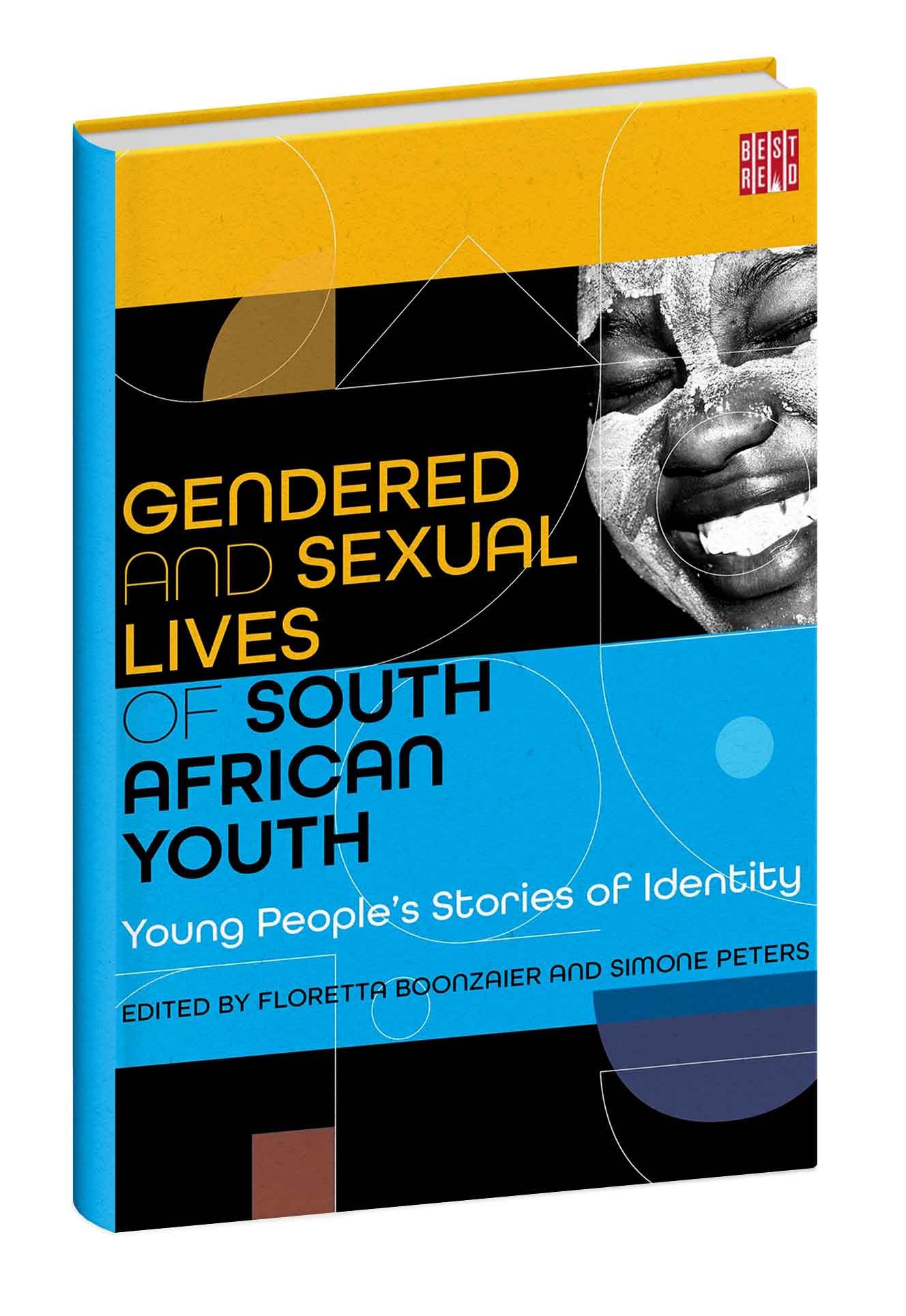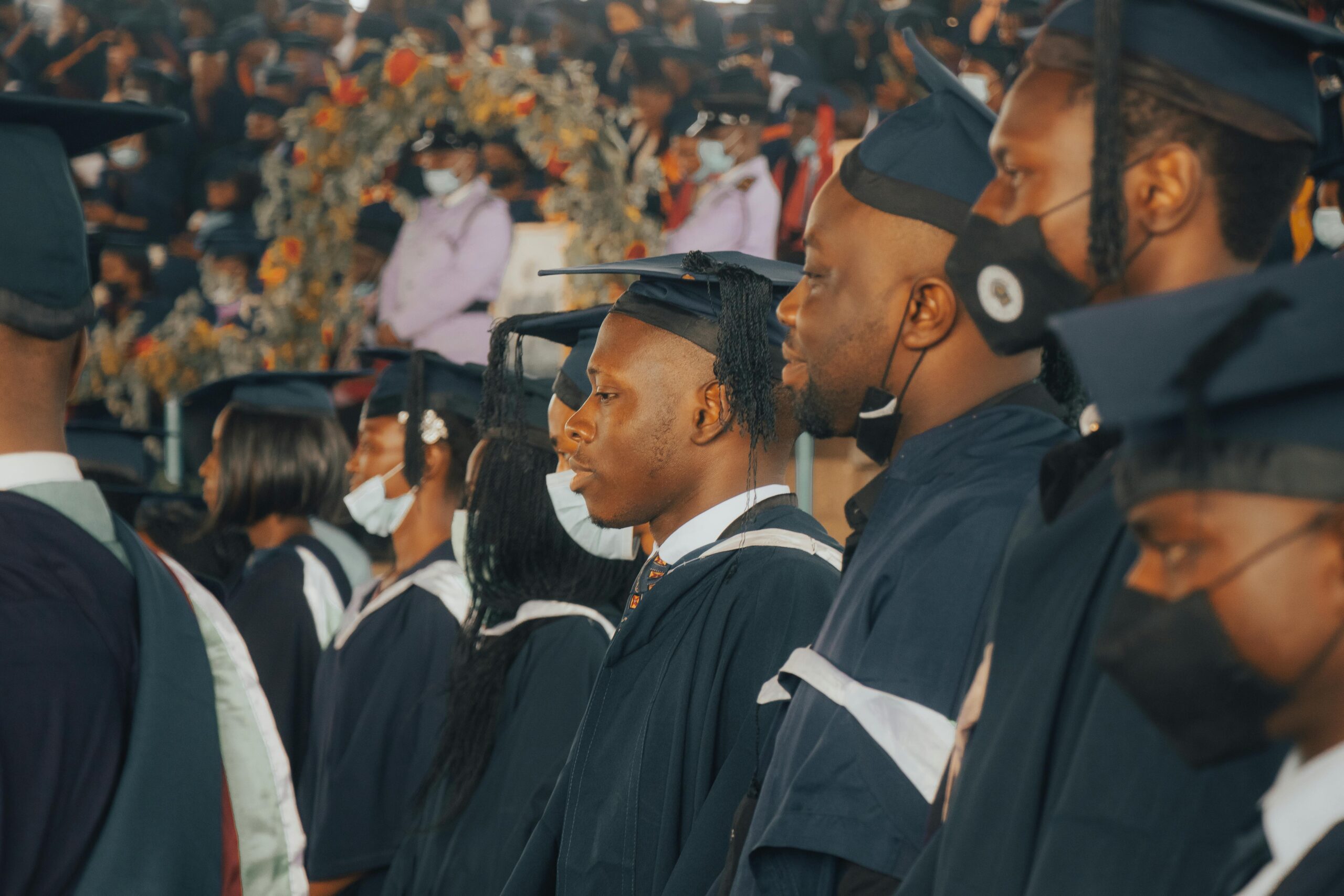The Human Sciences Research Council (HSRC) biennial conference last held in 2018, convened from 18–20 September at Lagoon Beach Hotel in Cape Town under the theme “Next Generation Insights on Intractable National and Global Challenges”. In attendance were 261 delegates comprising 81 emerging researchers from the HSRC and 61 from South African universities, along with HSRC senior academics and support staff. Keynote presentations included those from Ms Chido Mpemba, the African Youth envoy; Professor Patricia Hill Collins, one of the most important sociologists of our time who spoke on the lethal intersections of youth, violence and race along with the potential for intergenerational activism; Professor Musawenkosi Saurombe, the youngest PhD graduate on the African continent from the University of Johannesburg; and Professor Thabo Msibi from the University of KwaZulu-Natal – the youngest dean in South Africa, who addressed what was needed from young academics to transform both the academy and the context in which they find themselves.

Presenters’ topics were diverse, including the intractable problems of poverty, inequality, unemployment, technological disruption, climate change, violence, education and health. Overarching findings concerned the huge divides in each area:
- The education divide between poor- and good-quality education, parental engagement in children’s schooling, as well as access and attainment;
- The divide between local and global action in addressing climate change, with researchers speaking more to local initiatives than larger global actions;
- The digital divide in those who have access to and use technology, as well as those who are able to infuse technological solutions into everyday, community and economic life;
- The divide between the many short-term employment opportunities available and almost no long-term opportunities for young people;
- The widening divisions between people based on race, gender and nationality;
- The divides between cultural rights and human rights, especially in some cultural practices such as Ukuthwala;
- The age divide amongst farmers in South Africa, where the average age of farmers is 62–65 and almost no young people are entering farming as an economic activity; and
- The ongoing divide between research and policymaking.
While there were many nervous first-time presenters, the conference served as a platform for emerging researchers to hone their science communication skills and improve the flow of research into policy. A key feature of the conference was ensuring that each presenter had a mentor drawn from their universities or from the HSRC.
Also present at the conference were members of the HSRC’s board including its chair Dr Cassius Lubisi, and members Ms Shameme Manjoo, Professor Ibbo Mandaza and Dr Kgomotso Kasonkola. At a gala dinner held at the conference, prizes were awarded for best papers, as well as in celebration of 20 years of three flagship HSRC research studies: SASAS (The South African Social Attitudes Survey); SABSSM (South African National HIV Prevalence, Incidence and Behaviour Survey) and CeSTII (Centre for Science, Technology and Innovation Indicators). HSRC CEO, Professor Sarah Mosoetsa, also honoured Professor Leickness Simbayi who will retire from his position as the Deputy CEO of the HSRC in March 2024, after 23 years of service to the HSRC and South Africa.
The conference was a glorious celebration of the HSRC’s past, present and future, and of South Africa’s emerging researchers who seem poised to rise to new heights!


